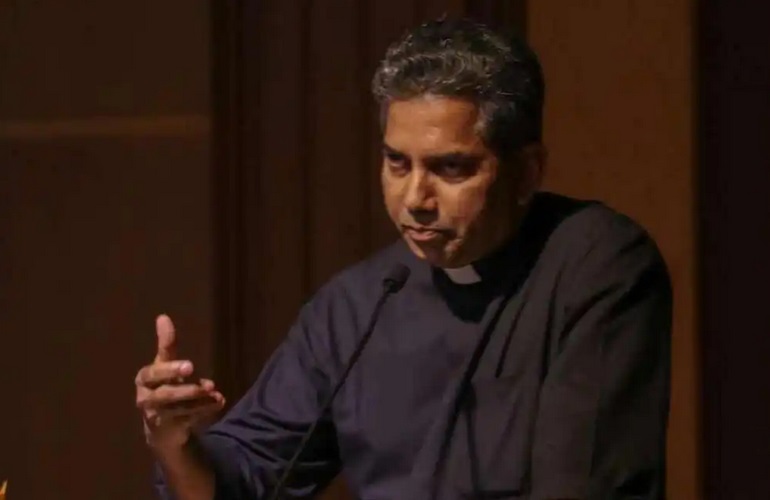Vatican official stresses Church’s Asian-ness at FABC gathering
The Church in Asia should stress its “Asian-ness” and set dialogue as the top pastoral priority, a senior Vatican official told a gathering of top Asian bishops in Bangkok.
Oct 27, 2022

BANGKOK: The Church in Asia should stress its “Asian-ness” and set dialogue as the top pastoral priority, a senior Vatican official told a gathering of top Asian bishops in Bangkok.
“In a continent as diverse as Asia, the Church should give paramount importance to creating open dialogue” among the clergy and lay people, said Msgr Indunil J Kodithuwakku K, secretary of the Dicastery for Interreligious Dialogue.
Msgr Kodithuwakku was speaking at the ‘Emerging Realities’ segment during the first general conference of the Federation of Asian Bishops’ Conferences (FABC). The October 12-30 general conference is part of FABC’s golden jubilee celebrations.
The conference has chosen its theme as Journeying Together as Peoples of Asia.
The Vatican official said that dialogue and reconciliation should be the pillars of a united Church in Asia. He wanted the bishops to stress the Asianness of the Church and said it was the need of the hour in a continent as diverse as Asia.
During the discussions that followed on October 22 Naoko Murayama, Regional Coordinator of East Asia and Oceania of the Migrants and Refugees Section of the Dicastery for Promoting Integral Human Development, spoke about the refugee crisis in Asia.
She suggested ways for the representatives to respond, and asked them to learn, listen, support and collaborate.
Speaking on ‘The Climate Emergency: Risks and Responses’, Hans Joachim Schellnhuber, founder and Director Emeritus of the Potsdam Institute for Climate Impact Research (PIK) in Germany, provided insights on the documentation of climate change, the global decisions are taken, how climate change is measured, and its effects.
Schellnhuber also highlighted a tentative timeline during which change was still possible and concrete measures that could be taken in response.--ucanews.com







Total Comments:0